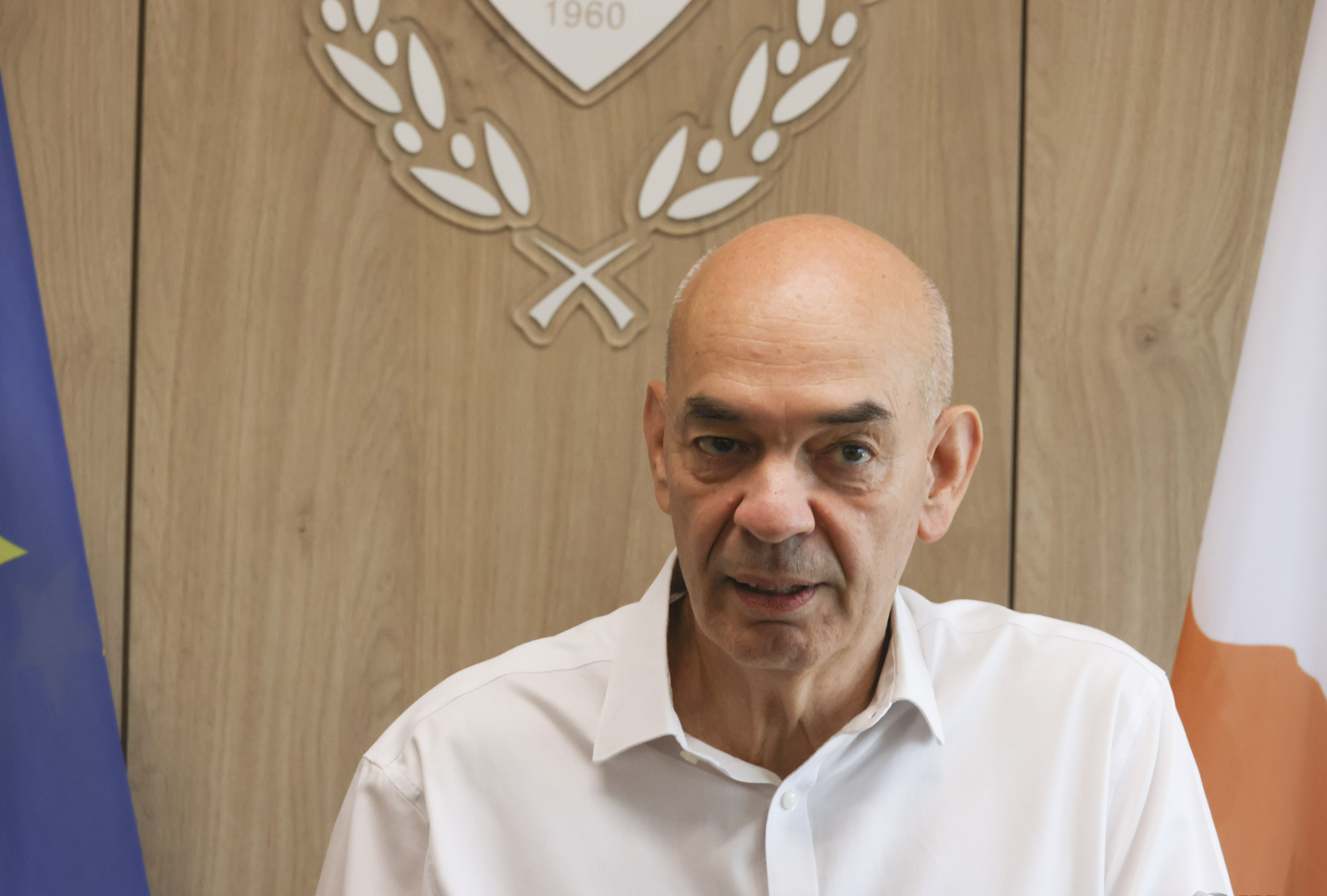Protecting civilians in times of war is a moral imperative, Transport Minister Alexis Vafeades said, while representing Cyprus at a United Nations security council working debate on the matter.
He called on the UN to use “every available tool” to take concrete action, and said Cyprus “understood the urgency” of the issue very well from firsthand experience.
Speaking overnight on Thursday in New York, Vafeades told member states that Cyprus aligns itself with a European Union statement on the matter, and that the protection of civilians in war is of “urgent moral and legal significance”.
The EU’s statement, released on Wednesday, had said that it “re-emphasises that states hold the primary role and responsibility to protect and ensure the safety and security of civilians, including humanitarian personnel and first responders, as well as journalists and other media workers”.
Vafeades said that 80 years ago, states had committed via the UN Charter “to save succeeding generations from the scourge of war”. He then lamented the fact that, despite this, “grave violations of international humanitarian and human rights law persist across the globe – in Europe, the Middle East, and Africa.”
“Women, children, humanitarian workers, medical personnel, journalists, and UN staff are disproportionately affected,” Vafeades said, while denouncing attacks on civilians and civilian infrastructure.
“Forced displacement is rising, property rights are violated, and the number of missing persons continues to grow. Cyprus, having experienced foreign aggression firsthand, deeply understands the human cost of such suffering,” the minister said.
He called on UN Secretary-General Antonio Guterres “to take concrete action” beyond rhetoric.
“This worsening situation demands renewed commitment to international law and the UN Charter—not just in principle, but in action … The UN must use every tool available to ensure the protection of civilians.”
Vafeades added that early warning capabilities and concrete support for states are essential, and said peace is only possible when all civilians are protected and involved in the peace process.
Highlighting Cyprus’ decades-long challenge with missing persons, Vafeades called for stronger international action.
“We must not overlook the humanitarian dimension of missing persons. International cooperation must be strengthened to address this issue, especially in protracted situations where the fate of the missing has remained unknown for decades—as is the case in Cyprus,” he said.
He then highlighted that that 2024 was the the deadliest year on record for aid workers, and urged full implementation of UN resolution 2730, adopted last year, which intends to safeguard humanitarian and UN personnel and uphold their crucial role even in dangerous environments.
All UN member states must show genuine resolve in protecting civilians in armed conflicts and beyond, Vafeades said, adding that the security council must “fulfil its core mandate, improve its working methods, and strengthen its relationship with the general assembly”.
This, he said, was agreed upon in the “Pact for the Future” – a comprehensive intergovernmental agreement, outlining commitments and actions for building a sustainable, peaceful, and inclusive world.






Click here to change your cookie preferences